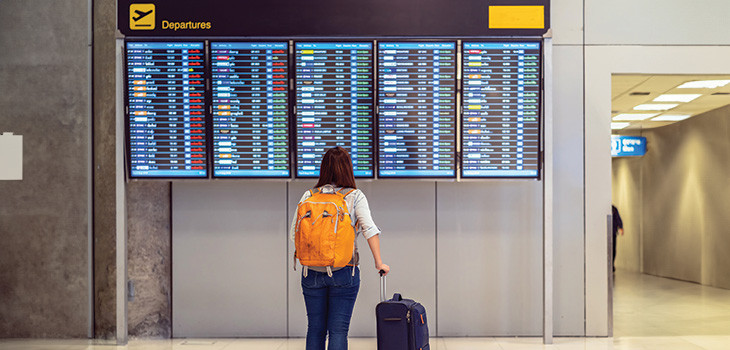
- Pilot sickness is not an ‘extraordinary circumstance’ for the purposes of Art 5(3) of Regulation (EC) 261/2004.
- This article considers the application of retained EU law, in particular the existence of accrued EU law rights and the way in which those rights are carried forward post-Brexit.
- It shows how under the European Union (Withdrawal) Act 2018, UK courts are not bound by post-Brexit CJEU judgments and cannot refer questions to the CJEU.
Regulation (EC) No 261/2004 (Regulation 261) on the rights of passengers travelling by air is one of the most litigated pieces of legislation to come out of the EU. A key issue that the courts continue to grapple with is the application of Art 5(3) of Regulation 261, which exempts operating carriers from the obligation to pay compensation to passengers if they can prove that the cancellation or long delay was caused by ‘extraordinary circumstances which





.tmb-mov69x69.jpg?sfvrsn=961ae4db_1)
95ca96e3d47f4eff8d147c4f0df17c77.tmb-mov69x69.png?sfvrsn=3db5d86b_1)

